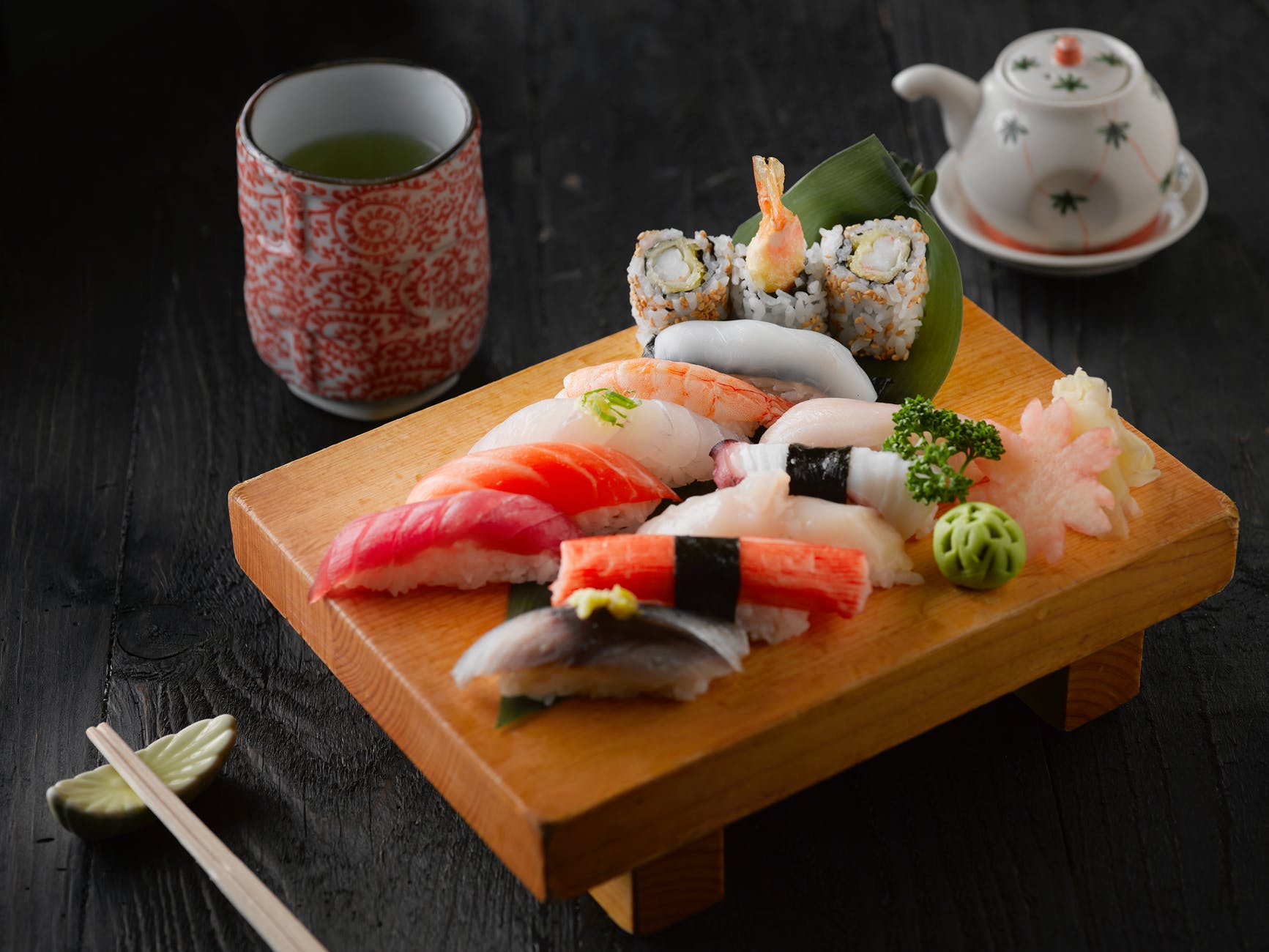
Every time I travel and enter the breakfast room of my hotel I think of Japan. And not just because of the curious surprises that I encountered when travelling there (once, the hotel’s definition of a ‘western style breakfast buffet’ was shrimp pasta and pepperoni pizza), but because of the relation the japanese have to their nutrition. The Japanese cuisine is said to
have a much higher dietary diversity than western cultures do. This is associated with a reduced intellectual decline at older age, as was reported by Rei Otsuka and colleagues in 2017 (among others). In other words: Daily intake of various kinds of food lower the risk that you encounter a reduction of your cognitive abilities as you grow older. Outstanding, even in
Japan, is the island of Okinawa, where many people grow very old very healthily. It is not only the dietary diversity that contributes to a long and healthy life: “Hara hachi bu” loosely translates to “only fill up to 80%”. Also, the inhabitants of Okinawa don’t snack, but leave their intestines several hours to process the food. And they move a lot – from walking to
dancing and martial arts. So when I approach the buffet, I like picking a little bit of everything – which is fun, contributes to an interesting breakfast conversation, and it might even be a smart move for my brain function and mental health! The real challenge, of course, is not to overeat.
Reference
(1) Otsuka, R., Nishita, Y., Tange, C., Tomida, M., Kato, Y., Nakamoto, M., Imai, T., Ando, F. & Hiroshi Shimokata, H. Dietary diversity decreases the risk of cognitive decline among Japanese older adults, Geriatr Gerontol Int, 17: 937–944 (2017).
